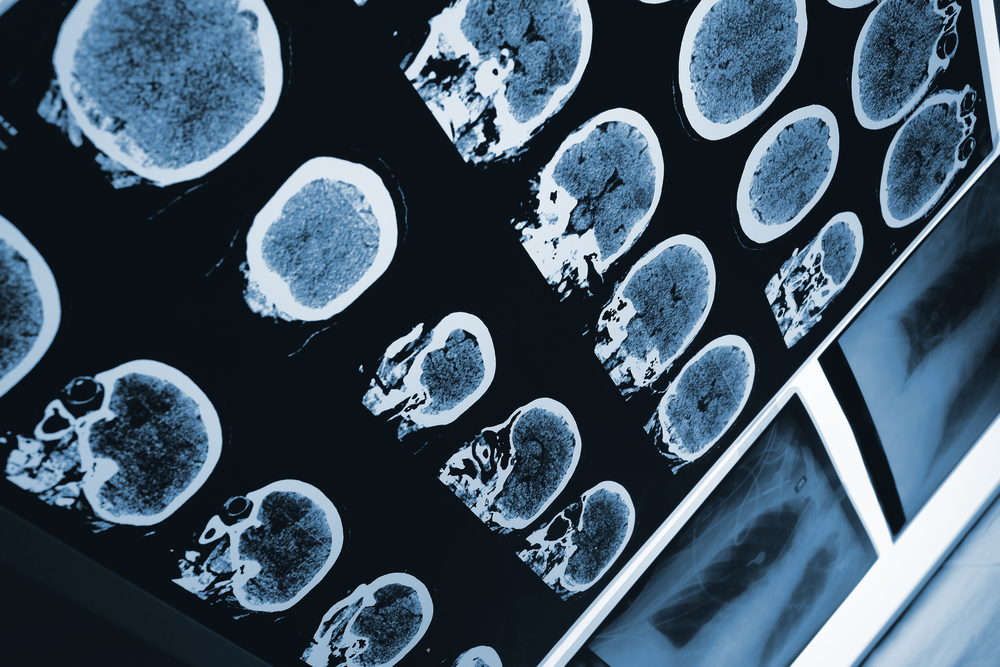Excess Protein Deposits in Brains of Parkinson’s Patients Don’t Influence Cognition, Study Finds

Researchers at the University of California found that tau and beta-amyloid protein deposits in the brains of Parkinson’s patients does not influence their cognitive function. They found, interestingly, that those with greater tau accumulation had higher levels of β-amyloid in the brain.
The study, “Associations Between Tau, β-Amyloid, and Cognition in Parkinson Disease,” was published in the journal JAMA Neurology.
Every nerve cell needs a certain amount of tau protein to stay healthy. In Parkinson’s disease, excess tau gets tangled up inside brain cells and damages neurons.
As changes in the brain caused by the disease gradually spread, they often begin to affect cognitive functions, including memory and the ability to make sound judgments.
Dementia is increasingly being recognized in cases of Parkinson’s disease. Almost half of Parkinson’s dementia patients have toxic levels of tau and β-amyloid (Aβ) in their nerve cells, or neurons.
But a direct correlation between tau aggregation and cognitive function in Parkinson’s patients without dementia has not yet been found.
With that in mind, scientists designed a cross-sectional study to compare tau accumulation in 15 cognitively normal Parkinson’s patients, 14 patients with mild cognitive impairment, and 49 healthy individuals (controls). They also assessed whether Aβ, tau, and cognition were related in Parkinson’s patients without dementia.
The participants underwent cognitive evaluation and neuro-imaging studies, including structural magnetic resonance imaging (MRI) and positron emission tomography (PET) to measure Aβ and tau.
In the PET scan, participants are injected with a special dye with radioactive tracers. These tracers bind to either tau or β-amyloid and when highlighted by the PET scanner, a signal is detected. The brighter the signal, the higher the amount of protein aggregation.
Of the 29 Parkinson’s disease patients, six (21%) were Aβ-positive, of whom one was mildly cognitively impaired, and 23 (79%) were found to be negative for β-amyloid, according to the researchers. Of the 49 healthy controls, 25 were negative for β-amyloid and 24 were Aβ-positive.
Findings suggest there’s no difference in the patterns of Aβ and tau in Parkinson’s patients or healthy individuals, and that the molecular mechanism behind dementia is not increased in cognitively normal Parkinson’s patients.
Additionally, no significant association between Parkinson’s patients’ cognitive status (normal vs. mild impairment), age, β-amyloid and tau levels was found.
However, tau deposits were significantly increased in Aβ-positive patients within brain regions related to dementia, compared to Parkinson’s patients who were found without deposits of β-amyloid.
“Results of the present study suggest that deposits of tau in patients with [Parkinson’s disease] without dementia are related to age and Aβ-status,” researchers concluded.






